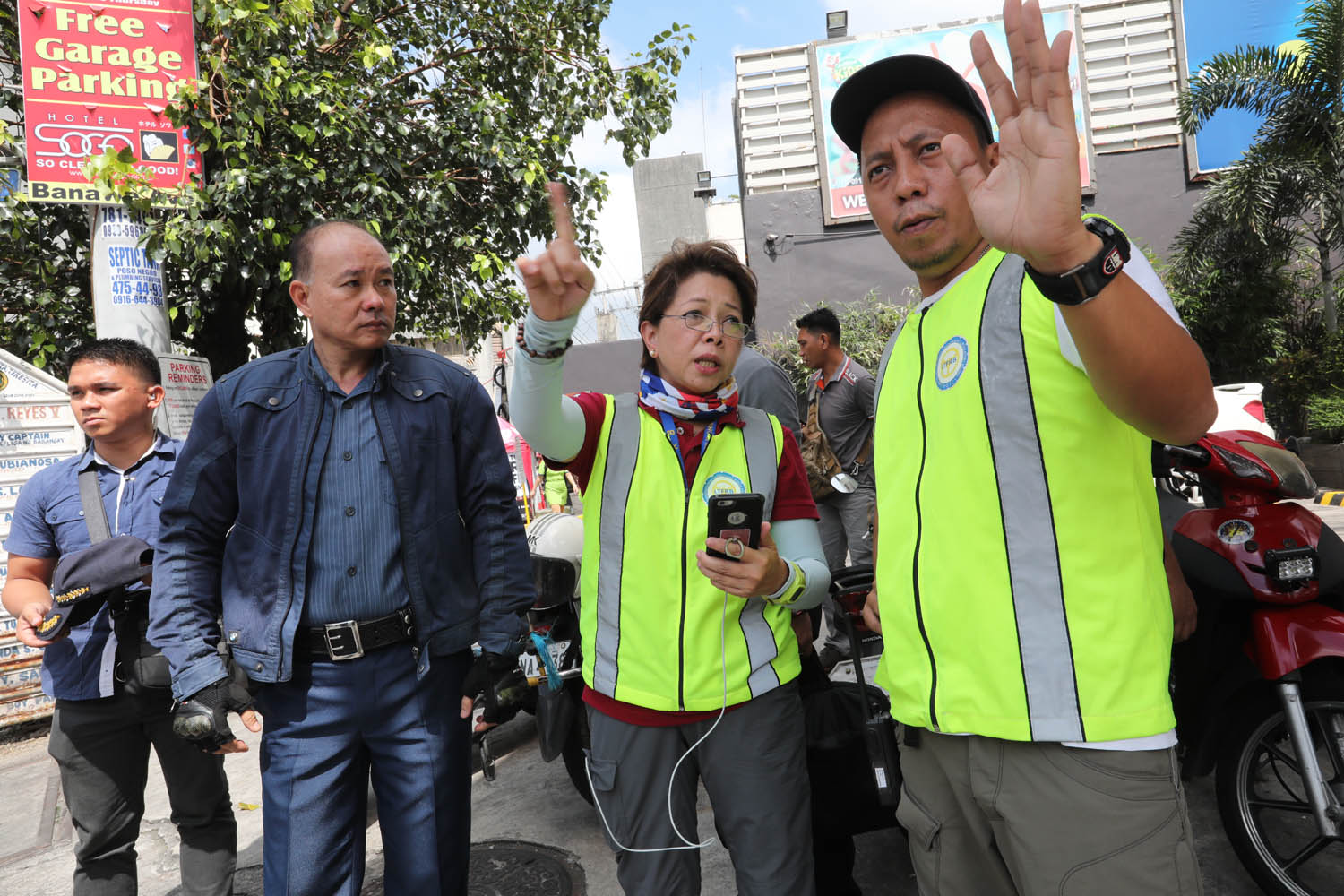Philippine News
LTFRB asks taxi operators to justify P50 fare hike
MANILA— Taxi operators should justify why a PHP10 additional fare hike from the current flagdown rate of PHP40 is necessary, the Land Transportation Franchising and Regulatory Board (LTFRB) said Wednesday.
LTFRB board member Aileen Lizada said a petition should be filed in order for the Board to hear their views, as well as the side of the commuters that will be affected by the fare increase.
“If there is a petition for fare increase by taxi operators or any transport group, they need to justify why the Board should grant a fare increase and what services will be delivered. Likewise we need to hear the side of the commuters’ group before the Board issues an order,” Lizada said in a text message to reporters.
“If there is any request for a fare hike, it needs to go through a process. A petition must be filed by a petitioner,” she added.
In a radio interview Wednesday, Philippine National Taxi Operators Association (PNTOA) President Bong Suntay said they are asking for an additional PHP10 increase from the current PHP40 flagdown rate, PHP13.
50 for every kilometer of distance travelled and PHP2.50 for waiting time to mitigate the impact to drivers and operators of the higher excise tax for oil products under the Tax Reform for Acceleration and Inclusion (TRAIN) law.
The number of taxis now operating in Metro Manila has significantly dropped because of high operating costs and will be further affected by the impact of the TRAIN law unless a fare increase is granted by the LTFRB, he added.
The LTFRB has last granted an increase of taxi fares in October with rates set at PHP40 for the flag down rate, PHP13.50 for every kilometer of distance travelled, and PHP2 per minute of waiting time.
Under the TRAIN law, an initial excise tax of PHP2.50 per liter shall be imposed on diesel this year which will eventually increase to PHP 6 by 2020.
The Department of Energy (DOE) has advised oil companies not to impose the new excise taxes to old stocks of petroleum products as these are levied on importation and not at the point of sale to consumers.






















